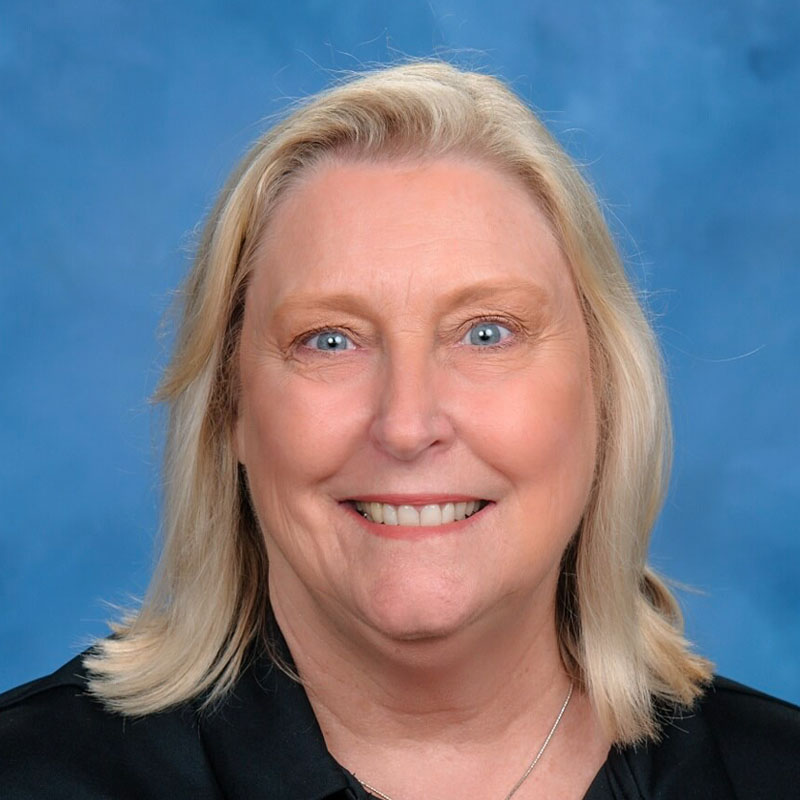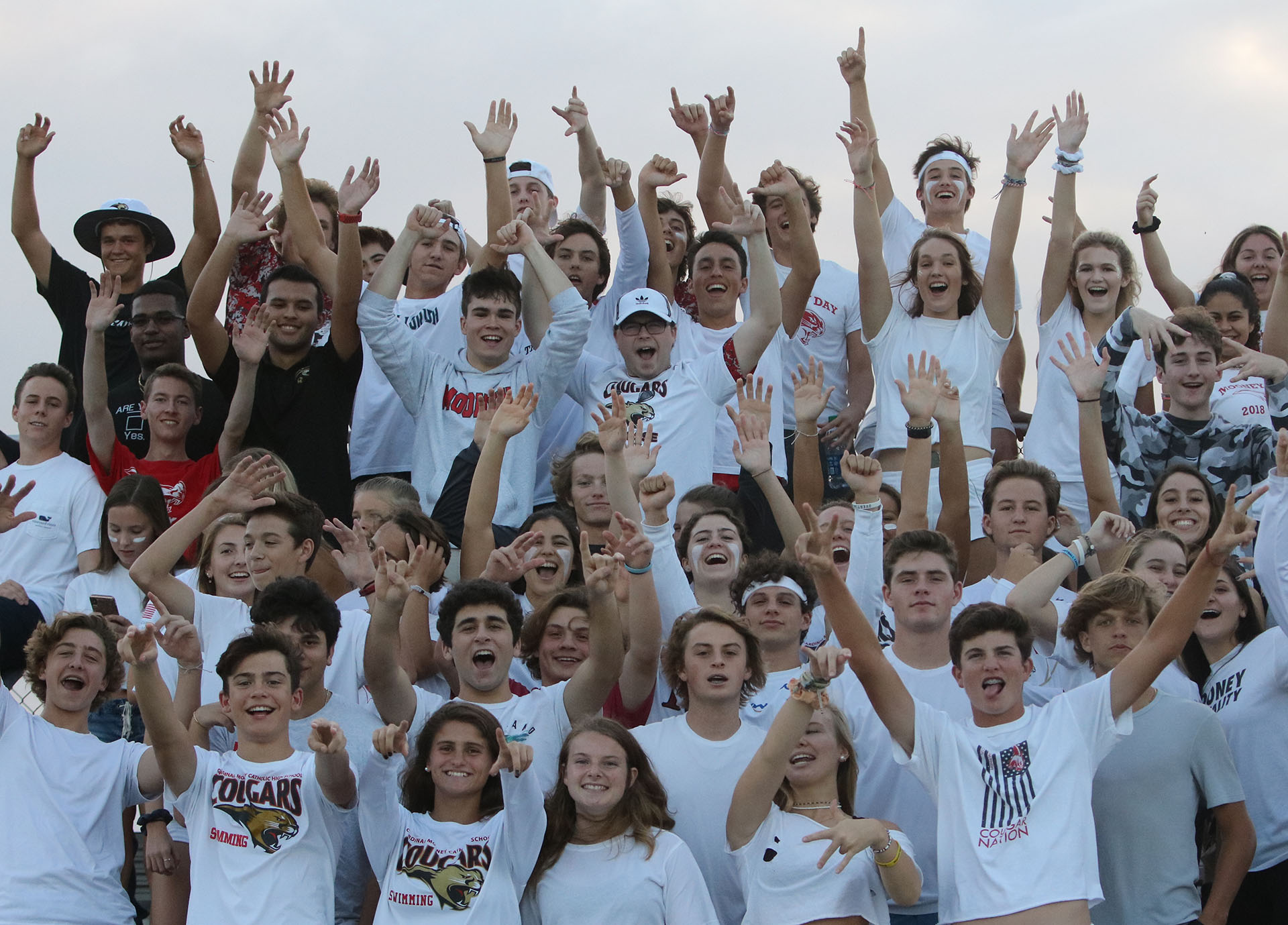Guidance and College Planning
Finding a great college or university is about finding the one that’s right for you is the philosophy we embrace and encourage at Cardinal Mooney.

Finding a great college or university is about finding the one that’s right for you is the philosophy we embrace and encourage at Cardinal Mooney.







Counselors encourage all students to begin exploring their interests and passions throughout high school. Preparation for accomplishing post-high school plans should not wait until senior year. The academic services department at Cardinal Mooney High School offers our students the opportunity to begin exploring their interests and abilities through group and individual meetings throughout high school.
Students will be making many complex choices throughout high school. The goal is for each student (with the support of their school counselor, teachers, and parents) to proactively spend the time and effort needed to conduct their own research and determine their own path.
The post high school planning process is a fantastic opportunity for students to develop communication and interpersonal skills and to really get to know what various careers and colleges have to offer them. Being active in this process will help students when they need to make the decision on their final plans after high school and about which college, career or work opportunity is the best fit.
The college counseling office encourages students to seek a college or university which is both academically challenging and suited to his or her intellectual level. We make every effort to suggest to each student, schools which will be sufficiently stimulating without being overpowering. In recent years, most members of each senior class have been accepted at their first-choice colleges. The decisions are the students in partnership with their families and we want them to be supported in doing their research, completing applications, and meeting deadlines.
.

College Planning Checklist for Freshmen
College Planning Checklist for Sophomores
College Planning Checklist for Juniors
College Planning Checklist for Seniors
